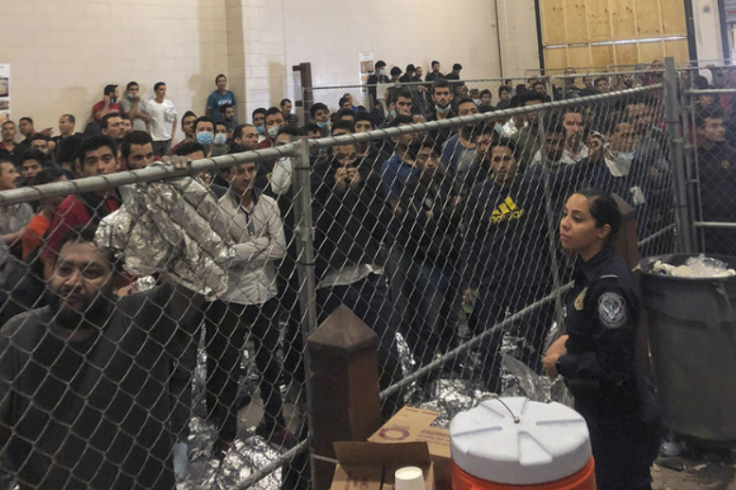
The Immigration and Customs Enforcement (ICE) on Thursday ended free legal phone calls for immigrant detainees in two Central Valley facilities.
This decision was criticized by lawyers, who underscored that this decision would make it harder for detainees to win release, whether they can pay or not, KQED reported.
Immigrants in the for-profit detention centers -- the Mesa Verde ICE Processing Center in Bakersfield and the Golden State Annex in McFarland -- are often far from legal services, and depend on phone calls to get aid. Several studies show that most detained immigrants don't have lawyers, which lowers their chances of winning their cases.
Jose Ruben Hernandez Gomez, who was freed from one of the detention centers after being represented by the San Francisco public defender's office, explained how he could have faced great harm and even death.
"Were it not for the ability to reach attorneys, I would not have been able to challenge deportation proceedings and would have been deported to a country where I would have faced great harm and even death," he said, KQED reported.
An attorney with the American Civil Liberties Union of Northern California, Bree Bernwanger, said ICE told the detainees over the July 4 weekend that free calls to counsel won't be available from Aug. 1 onwards.
"ICE has given no explanation for why they are cutting off these calls that have been in place since 2016 and that are crucial to people in custody," Bernwanger said. "Even though the settlement agreement expired, that obligation that ICE has to make sure people in custody can call their lawyers and make phone calls to try to find counsel doesn't go away."
The GEO Group, a large private prison company, runs the Bakersfield and McFarland facilities, which held over 350 detainees as of July.
ICE in June stopped a nationwide program that had allowed about 37,000 detainees to make 520 free minutes of phone calls per month, including calls to family or friends.
Last month, detainees at Mesa Verde and Golden State Annex restarted labor and hunger strikes to protest phone call charges, low $1-a-day wages and poor conditions. They claimed these conditions violate ICE's own standards.
© 2024 Latin Times. All rights reserved. Do not reproduce without permission.







